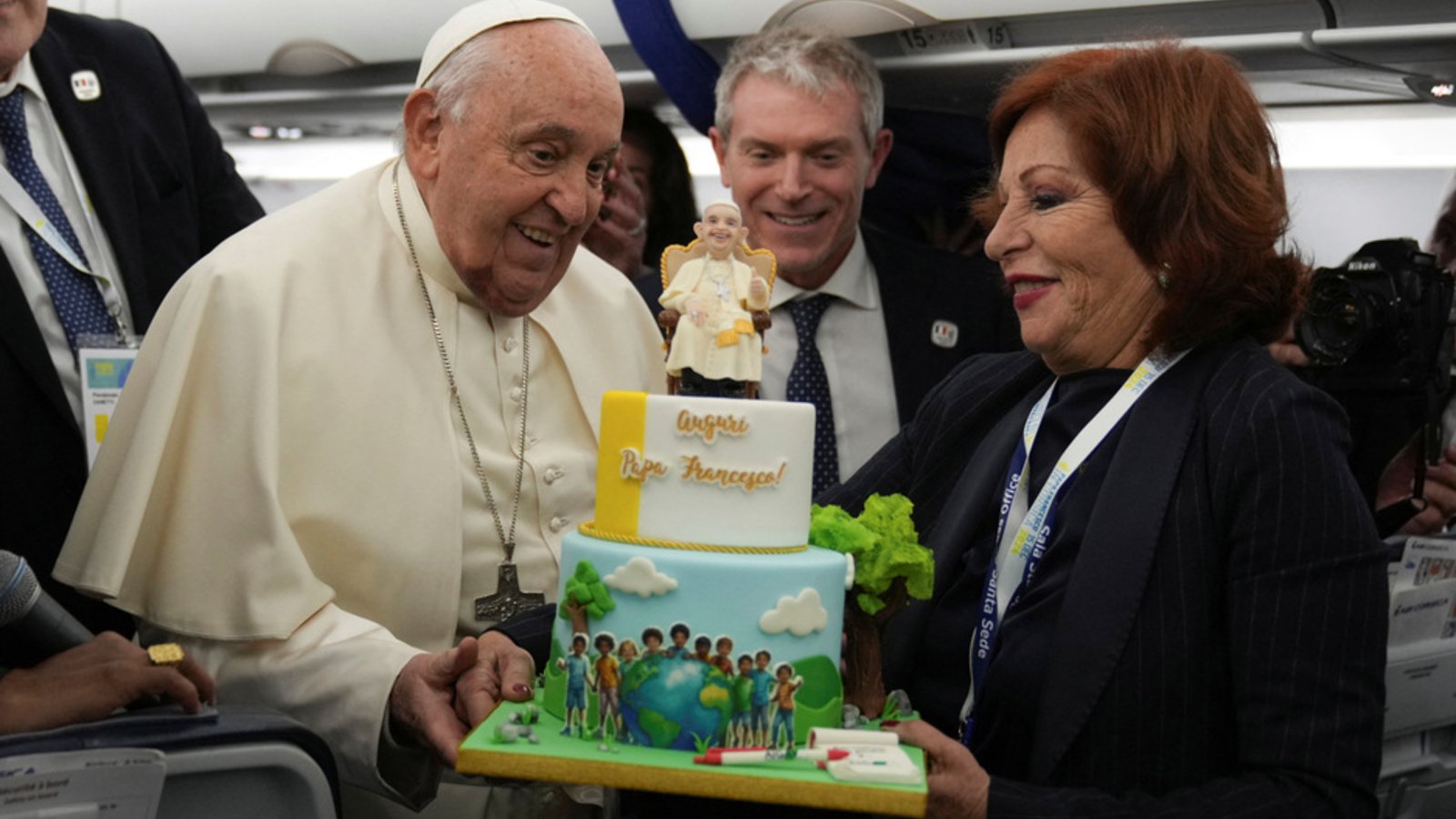Religion and Foreign Policy Webinar: The Pope and International Relations
Peter Casarella, professor of theology at Duke Divinity School, and Cecilia González-Andrieu, professor of theological studies at Loyola Marymount University, discuss the geopolitical and cultural influence of the pope, the challenges and opportunities the Ca…

## The Geopolitical and Cultural Influence of the Pope### The Soft Power of the PapacyTracing the Catholic Church's influence from the 19th century to the present day, Professor Peter Casarella argues that the papacy's soft power has dramatically evolved since the papacy's voluntary confinement to the Vatican. This transition is most evidently seen through papal figures such as Pope Francis, who prioritize dialogue, justice, and religious diversity. ### The Priority of FrancisCecilia González-Andrieu echoes Casarella's sentiments, introducing the notion of the "theology of the people," which is highly influential in Pope Francis's guiding principles. Through accessible language and a commitment to equity, the current pope has revitalized the image and objectives of the Catholic Church. Foregrounding issues like climate change, migration, and economic inequality, Francis has popularized a more active role for the Church in working toward global justice. ### Missionary DiplomacyPeter Casarella analyzes how papal figures have modernized the church's global role. Through efforts like the appointment of women to Vatican positions, Pope Francis displays his commitment to inclusivity and recognizes the changing needs and perspectives of the modern world. Pope Francis' emphasis on dialogue and openness to differing points of view has set the tone for the church's foreign policy, underscoring a universalistic vision for the future of Catholicism and encouraging cooperation with leaders of all faiths.### The Importance of Interfaith DialogueGonzález-Andrieu highlights the groundbreaking nature of Pope Francis' meeting with the Grand Imam of al-Azhar Ahmed el-Tayeb in Abu Dhabi, which signaled a new level of engagement between Catholicism and Islam. She argues that the pope's inclusive approach is a beacon of hope for a world facing growing conflict and division. By forging alliances with leaders of other faiths, the pope demonstrates the potential for interfaith dialogue to shape international diplomacy and promote global harmony.### The Role of the Vatican in NGOsCasarella notes that the Vatican actively participates in international diplomatic initiatives even at the United Nations level through organizations like the nunciature. As an important player in peace talks and resolutions, the Vatican emphasizes the implementation of Christian principles to address worldwide challenges. At the grassroots level, the promotion of grassroots organizations through papal guidance demonstrates a commitment to civil society and empowerment through the local church that reflects the Church's long-term commitment to peacebuilding.### Challenges Facing the Modern ChurchGonzález-Andrieu acknowledges that despite the pope's efforts to modernize the church's stance on social issues, criticism remains, particularly around issues of gender equality and the ordination of women to the diaconate and priesthood. Acknowledging differing viewpoints within the Catholic Church itself, González-Andrieu maintains that the appointment of women to leadership positions by Pope Francis is a promising sign of gradual change and the influence of a changing global context on the institution.### The Future of PapacyCasarella concludes by emphasizing the pivotal role of Pope Francis's soft power in shaping the geopolitical landscape. Moving beyond the narrow sphere of religious affairs, the pope's vision of a just and harmonious world offers a hopeful path for international relations. Despite ongoing challenges, the pope's journey signals a commitment to religious pluralism and the belief that religious values can inspire positive change in global affairs.